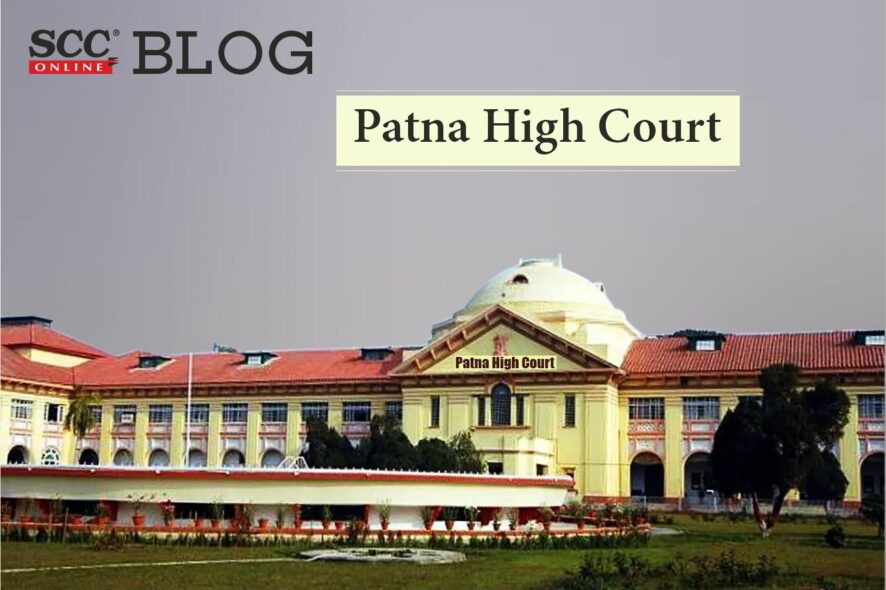Patna High Court: Right to choose a life partner on attaining a majority is inherent under the Right to Life and Personal Liberty enshrined under Article 21 of the Constitution. A recent judgment was given by the Division Bench of Ahsanuddin Amanullah, and Purnendu Singh, JJ., observed that intimate relationships between two consenting majors do not require societal recognition to get recognized under the law. Therefore, the Bench held that a girl who has attained the age of majority has the right to choose a life partner and form a family.
Background of the case
The couple, in the case at hand, got married at a temple and got their marriage registered before the marriage officer in Patna. The parents of the woman, however, did not approve of the marriage and hence took her away to Gopalganj.
The petitioner filed a habeas corpus petition seeking the production of his legally wedded wife, who was detained by her family parents. The petitioner submitted that both him and his wife, were majors and had taken a conscious decision to marry each other and live as husband and wife and further stated that his wife might get killed in the name of honour of the family.
Observations and Decision
The Bench observed that the right of men and women of marriageable age to marry and to found a family shall be recognized and no marriage shall be entered into without the free and full consent of the intending spouses (as per Article 23 of the International Covenant on Civil and Political Rights, 1966, adopted by the United Nations General Assembly). Therefore, the Bench further stated that if a girl has attained majority, she is free to marry or reside with anyone of her choice.
At this juncture, the Bench relied on the judgments of the Supreme Court in Shakti Vahini v. Union of India, (2018) 7 SCC 192 and Shafin Jahan v. Asokan KM, (2018) 16 SCC 368, wherein it was held that the free ability of a person to decide on matters like marriage cannot be limited, and further, that societal approval of intimate personal relationships is not a basis for granting them recognition in the eyes of law. Therefore, the consent of the family/clan/community is unnecessary for two individuals to marry in an act of choice, and such a right is enshrined under Articles 19 and 21 of the Constitution.
Therefore, the Bench held the woman, without opposition from her parents, was permitted to accompany the petitioner and go with him to the matrimonial home.
[Amit Raj v. State of Bihar, 2022 SCC OnLine Pat 1671, decided on 21-06-2022]
Advocates who appeared in this case :
Mr. S. D. Sanjay, Senior Advocates, Mrs. Priya Gupta, and Mr. Akshat Agrawal, Advocates, for the Petitioner/s;
Mr. Ansul, and Mr. Md. Sufiyan, Advocates, for the R8 and R9;
Mr. Prabhu Narayan Sharma, Advocate, AC to AG, for the State/R1 to R7.






